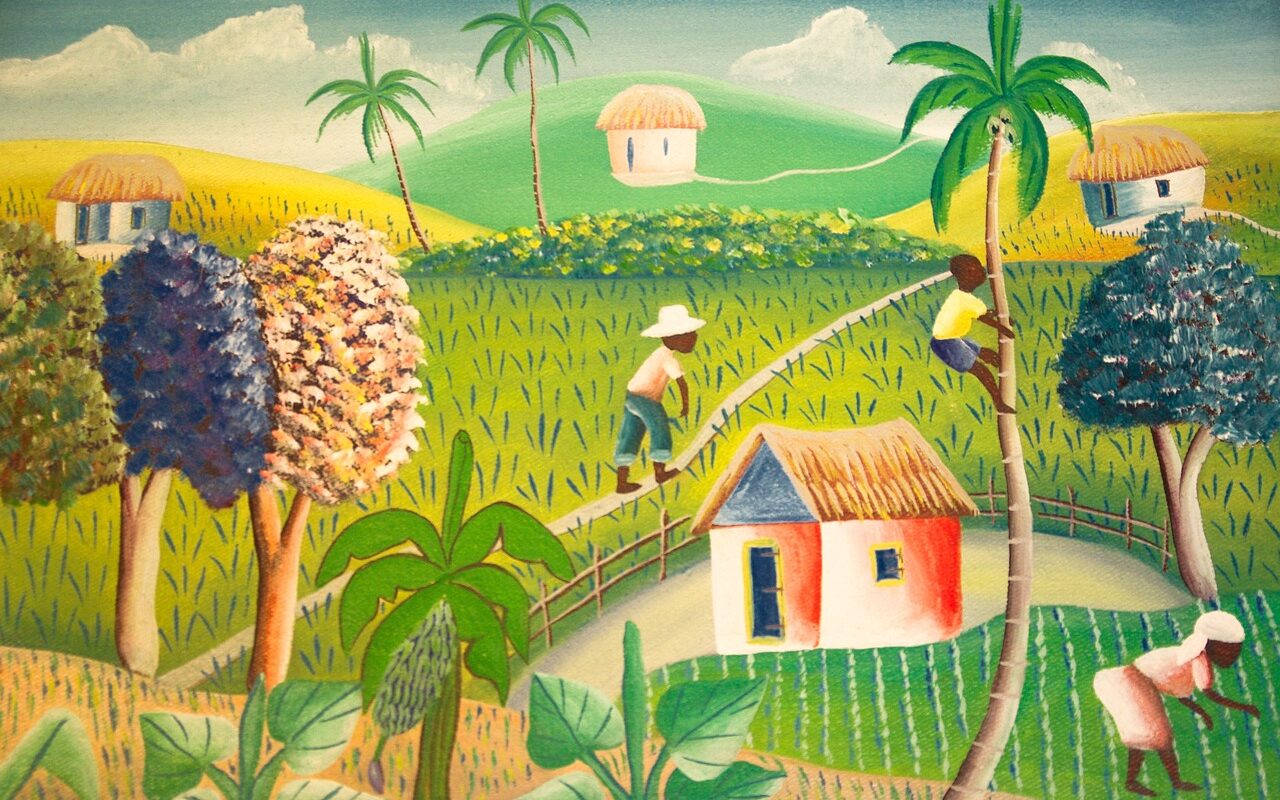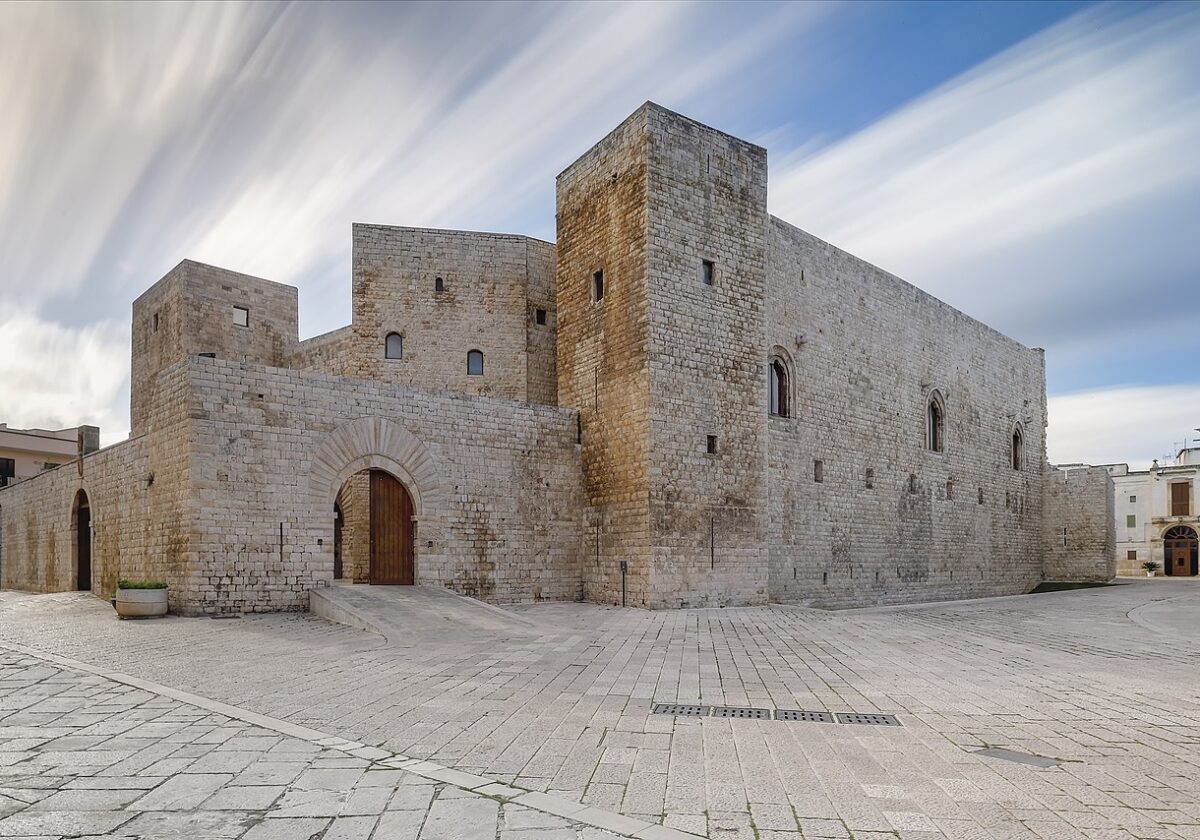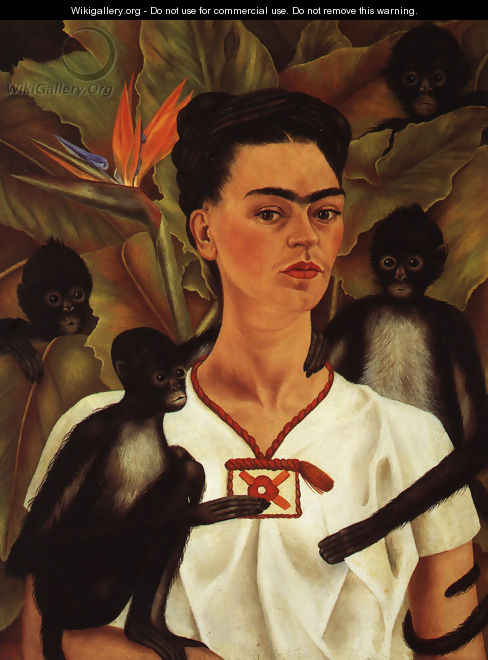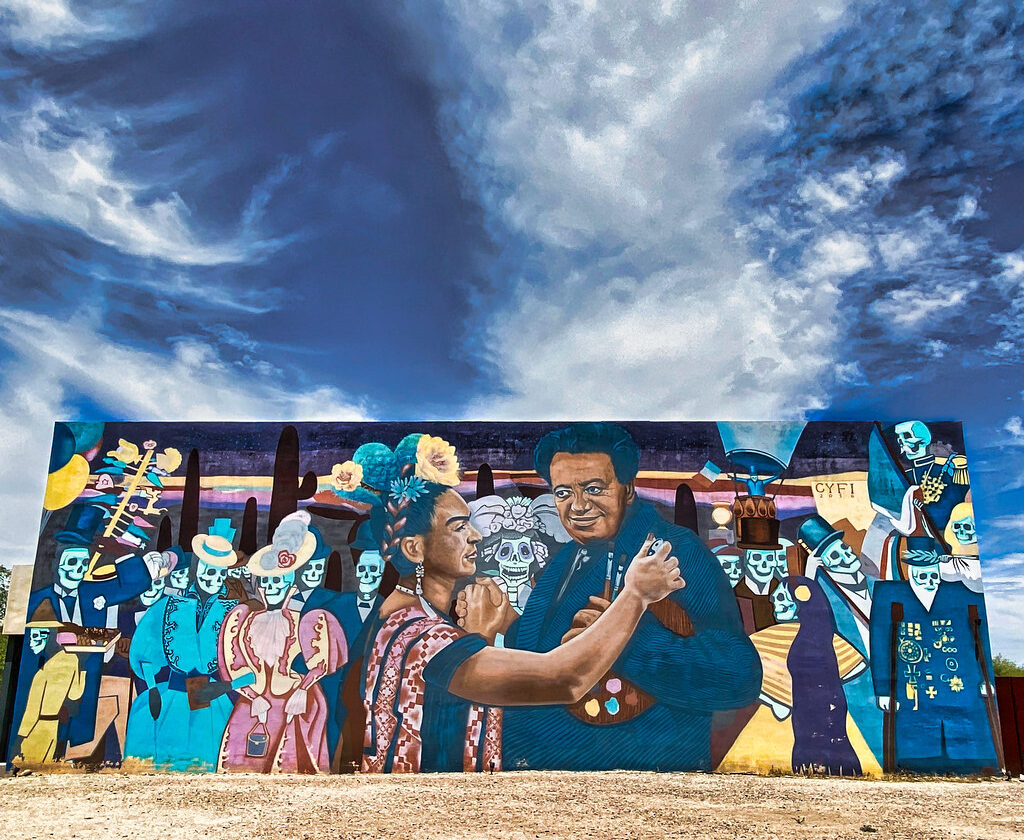Edwidge Danticat is one of Haiti’s most celebrated authors. Her notable works include “Breath, Eyes, Memory,” “Krik? Krak!,” and “The Dew Breaker” but it is the “The Farming of Bones” that has stayed with me since I first read it many years ago. For those of you, curious to understand the long arc of the moral universe within the context of the Caribbean and its struggles, here’s a list of amazing books to start your journey:
- “The Farming of Bones” by Edwidge Danticat: Inspired by historical events, this novel follows the lives of Haitian immigrants working on sugar plantations in the Dominican Republic and explores themes of identity, migration, and survival.
- “Island Beneath the Sea” by Isabel Allende: Set in the late 18th and early 19th centuries, this novel tells the story of a slave woman in Haiti who survives the brutality of plantation life and becomes involved in the Haitian Revolution. Like Danticat, Allende is a highly acclaimed Chilean author known best for “The House of the Spirits.”
- “Haiti: The Aftershocks of History” by Laurent Dubois: This comprehensive history of Haiti provides a detailed overview of the country’s tumultuous past, from its colonial origins to the present day, examining the impact of slavery, revolution, and foreign intervention.
- “Farming and Food in a Year of Crisis: Haitian Agriculture Before and After the Earthquake” by Leah Gordon: This book examines the history and current state of agriculture in Haiti, exploring the impact of factors such as colonialism, globalization, and environmental degradation on food production and security.
- “Moonbath” By Yanick Lahen: An award-winning, lyrically written, beautifully haunting saga of a Haitian family’s fight against a curse spanning four generations.
* Bonus: Rebellion and Anti-colonial Struggle in Hispaniola: From Indigenous Agitators to African Rebels by Ana Ozuna, Ph.D. I came across this paper while doing research for one of my recent projects. I have been interested in understanding resistance movements which have not been represented as part of mainstream historical narratives. In this paper, Ozuna explores the history of rebellion and resistance, highlighting the contributions of (Taino) indigenous, African, and Afro-descendant peoples to the fight against oppression and colonialism in Hispaniola, the island shared by Haiti and the Dominican Republic.






